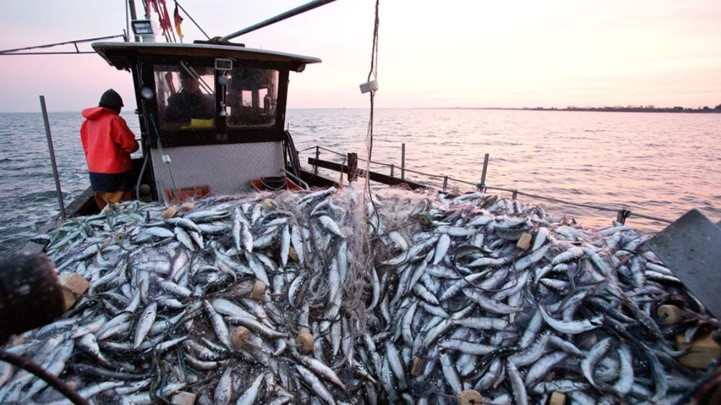The Economic Community of West African States (ECOWAS) has teamed up with the European Union and the Food and Agriculture Organisation (FAO) with the aim to boost fishery production across the West Africa region.
The ECOWAS has recently convened more than 100 experts in a meeting tagged ‘Improved Regional Fisheries Governance in Western Africa (PESCAO)’ to discuss and draw a road map for the utilization of the results in the view of adopting a sustainable management of the fisheries resources of the ECOWAS maritime domain. FAO, Institut Agro, and the University of Portsmouth are leading the projects that make up the Component Three of PESCAO, which, among other issues, focuses on economic and social issues associated with critical small pelagic fisheries and communities in West Africa.
The FAO Representative in Nigeria and ECOWAS, Fred Kafeero, said the state of fisheries in the ECOWAS region is complex and varies depending on the country and the sub-region. Fish is a source of income for millions of people, he noted and stressed that this makes it subject to enormous pressure and threats of overexploitation; illegal, unreported and unregulated (IUU) fishing; poor management practices that cripples the progress towards sustainable fisheries; especially the small-scale fisheries sector, the back-bone of fishing communities.
According to PESCAO program team leader, Amadou Tall, “by leveraging the expertise of the various institutions, regional organizations, and communities in the West Africa region will set the narrative for fisheries governance and ensure that these vital resources are managed sustainably across the ECOWAS maritime domain and beyond.” Concurring with Tall was Urszula Solkiewicz from the EU Delegation to Nigeria and ECOWAS, who said that “livelihoods and incomes depend on how one is able to manage this complex and confusing environment. For this reason, it is important that its managers have the adequate knowledge of the ecosystems and the fishery to allow them to respond in management actions.” To that end, Solkiewicz noted that “providing practical and science-based approaches seems extremely important to guide the decision makers.”



